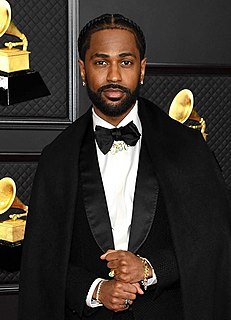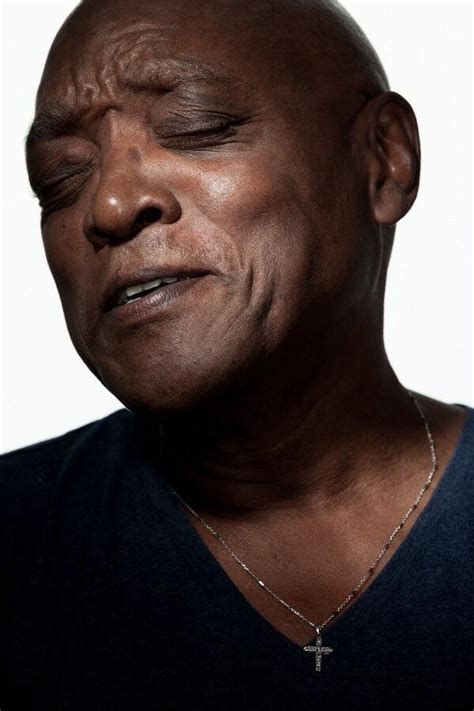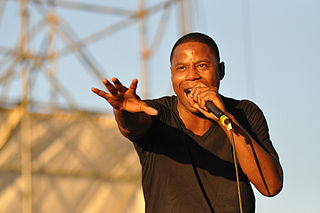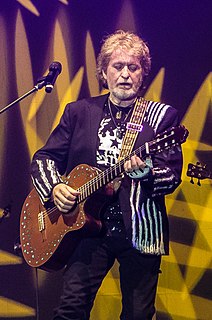A Quote by Matthew Ramsey
There's a lot of people out there - like, a lot of people out there - that wouldn't know our music if it wasn't for Spotify.
Related Quotes
Someone has to really like you to go out there and physically get your CD. Shout out to everybody who actually paid for the CD. A lot of people don't realize that's how we live, that's our job. When we people take music from us, that's just like taking food off of our table and it's not cool. It's a lot of blood, sweat and tears that goes into the music and those lyrics. To have people just go and steal it, it doesn't feel well.
The music business has changed so much. Collaborations are all over the Internet. The young people are keeping the old school alive. A lot of them run out of ideas so they grab these songs that we've had out for 50 years and bringing them back and making people rich again. That's a nice thing. A lot of artists don't have incomes after a certain time in their life because nobody's is buying the songs. This revival of their music has taken a lot of writers out of the poor house.
We live in an age of music for people who don't like music. The record industry discovered some time ago that there aren't that many people who actually like music. For a lot of people, music's annoying, or at the very least they don't need it. They discovered if they could sell music to a lot of those people, they could sell a lot more records.
A lot of people say I've missed out on a lot because I started acting at such a young age. What's so obvious to me is that I actually was really lucky. I gained a lot and I got a head start in what I wanted to do in life. A lot of people in their late 20s, early 30s are just beginning to figure out where they want to go.
That's why you put out records: hoping that people will connect with them. I mean, I play music for myself, for sure, and I would still play music even if people didn't like it. But it means a lot when it connects to people and they enjoy it. But it's funny: you get criticism as much as you get praise. It kind of evens out after awhile.
I think it's really easy for people to point out hypocrisy in people's lives. It's like yeah, I get on planes a lot, and I drank from a plastic water bottle today - you know what I'm saying? A lot of people would just be like, "Oh, you're a hypocrite. You live in an ecovillage for a month, and then you fly around the world to talk about a movie." Don't think that I don't think about those things! Don't think that that's not, like, a quandary in my life. It can be a pretty intense ethical dilemma. I think it's about figuring out, you know, navigating life.
There are days when either filmmaking feels like an insurmountable practice - here's a lot of obstacles in the way to make it happen - or you think, "What does this all add up to?" You don't know what to do with the footage, and you've asked a lot of people for their time and a lot of people to be patient with you. And then you lose faith that you can actually make a worthwhile story out of this.
War is big business. It's a lot of money going to and fro, and unfortunately a lot of angst, and a lot of fear, and a lot of doubt. And eventually a lot of wonderful people, like soldiers, like men and women that are out there trying to do the best they can, they come back being wounded on many levels.




































